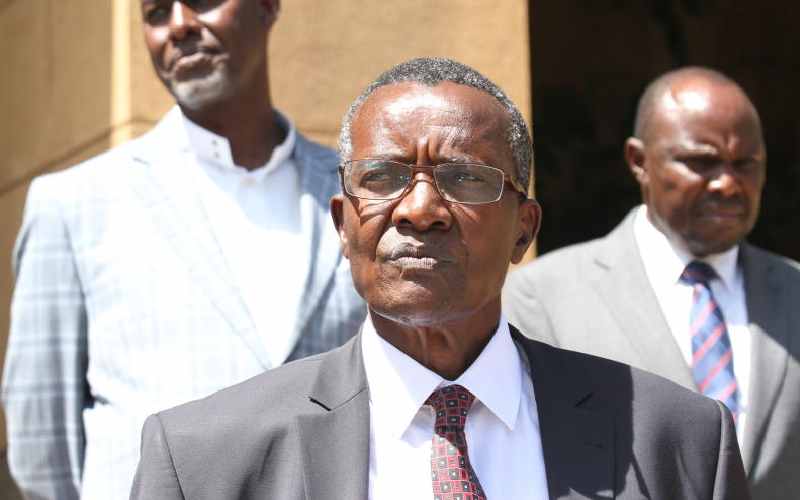
As Chief Justice (CJ) David Maraga exits, it helps that we propose a profile for the next occupant of that critical office in the administration of justice. From a lay person’s perspective , the role of a CJ is comparable to that of Pontius Pilate.
Pontius Pilate is one of the most controversial biblical names in the New Testament. He was the fifth Governor of the Roman Province of Judea. He was the head of the judicial system and so had power to order for capital punishment. It is this man, Pilate, who exacted a death penalty on Jesus Christ. This man’s history is not quite clear, but he left a mark in human history for two main reasons.